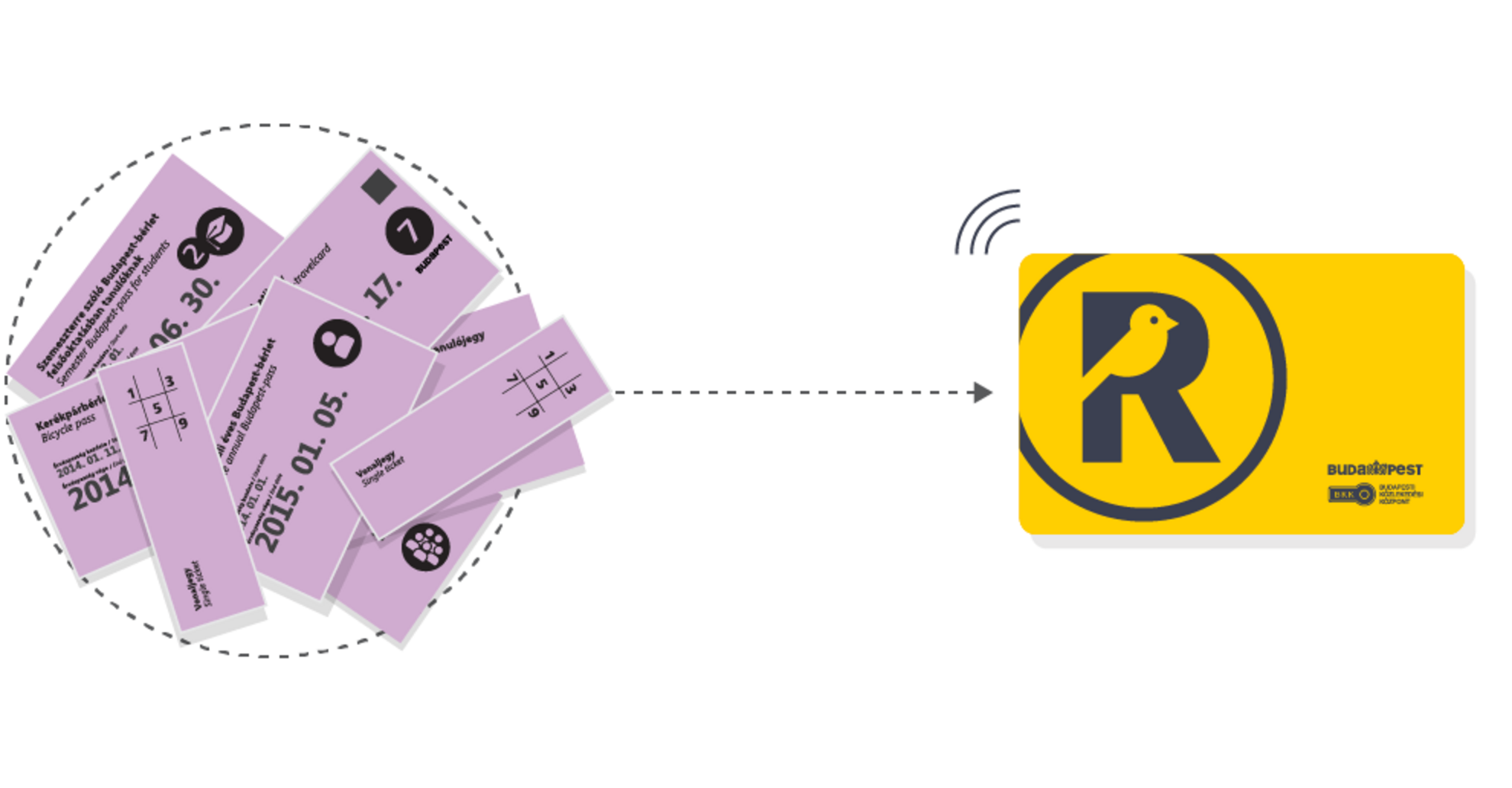From now on, passengers of Budapest’s transit network are not destined to deal with street-side ticketing machines, or to wait in long lines at ticket counters while keeping their fingers crossed that they will be helped by an English-speaking sales associate when purchasing passes for riding BKK’s conveyances. The city’s public-transport company introduced a new online ticketing system, enabling travelers to buy selected passes on BKK’s official website before receiving the purchased tickets on a mobile device. This service is currently available in Hungarian and in English, and during this first phase of the project, BKK's online platform proffers monthly passes and tickets valid for 15 days, 7 days, 72 hours, and 24 hours.

To be able to use this new electronic system, passengers have to register at the online shop of BKK with one of their identification documents – such as an ID card, passport, card-format driving license, or Hungarian student card – and select the desired type of pass, along with a date that indicates the starting time for when the ticket would be valid. When all of the required functions are set, we can settle the price of the selected product with our bank card. When using BKK services with online tickets, passengers also have to keep their identification documents ready for presentation to the ticket controllers, while presenting the digital image of the pass on their mobile device. Ticket inspectors may even use a manual control device to check the validity of the pass by reading the QR codes displayed on our e-ticket.

During the validity period of our ticket, before commencing our first journey on each day when we would like to use our pass, we have to refresh the page where our ticket is stored to download the daily validity credentials of our travel permit and to upgrade security functions that prevent fraud. While the products available for online purchase are currently limited, BKK is planning to expand this service and include short-term passes in the online ticketing system, so we might be able to buy even just a single one-way ticket using our mobile device in the future. However, according to media reports, this new e-ticketing system still has a few glitches that are being evaluated to provide a secured registration and purchase process to passengers. For more information about the service, check out BKK’s website.

Looking ahead, as we reported earlier on We Love Budapest, BKK is installing electronic ticket gates as part of the modernization of the city’s public-transport system, and after an ongoing test phase, this new service is expected to launch citywide in 2018. Meanwhile, paper-based tickets and passes will be replaced by plastic smart cards featuring a photo of the owner, which will be issued after registration on the new platform called RIGO (meaning “thrush” in Hungarian, but also an acronym made up of the Hungarian words for flexible, integrated, economical, and smart). Even though more test areas with the new ticketing gates may be set up in the next few months, the full change won’t occur until next year. Check back on We Love Budapest as we present more details about the project’s development.




